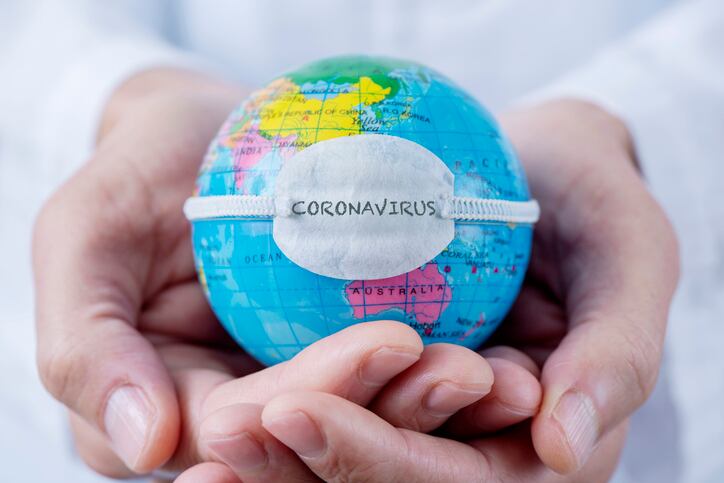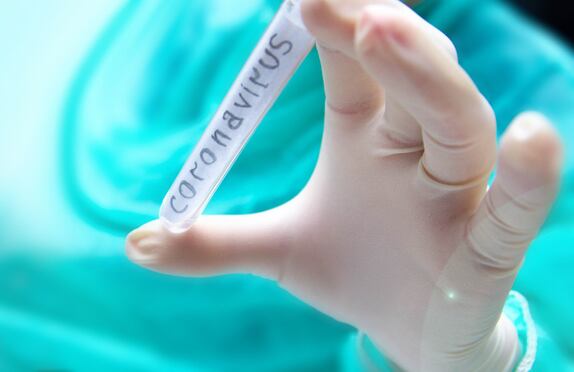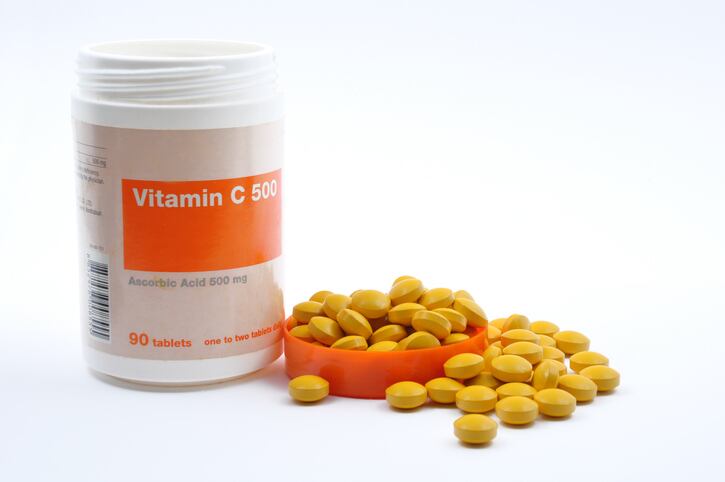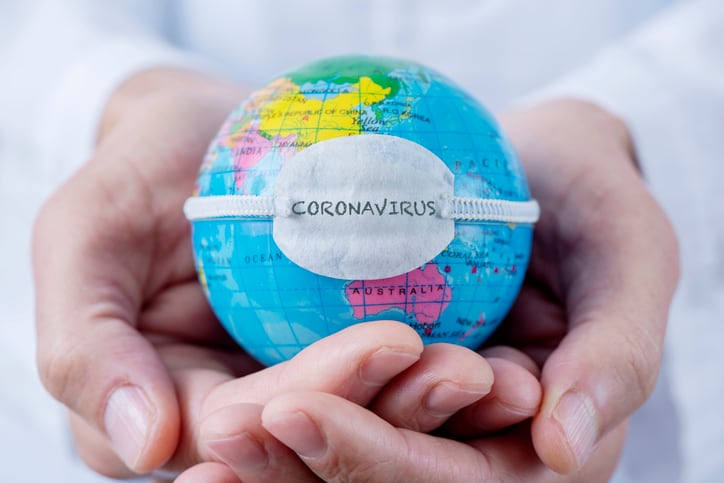Sales of products with any sort of immune health boosting properties have gone through the roof. Vitamin C, echinacea and adaptogen sales have all spiked. Some of this is consumers grasping at any straw that might provide a prophylactic benefit. It’s also driven by news like the report of a hospital on Long Island using ultra high doses of vitamin C along with a suite of drugs to treat coronavirus patients. There is as yet no treatment or vaccine for the disease itself, so doctors are left with supporting patients’ vital functions as best they can while the patients’ own immune systems fight off the infection.
Chance to inculcate a new cadre of consumers
It’s far too early to have solid data on exactly who is buying all of these supplements. Dietary supplement usage among Americans was already high, according to a recent survey done by the Council for Responsible Nutrition. But it’s a likely bet that just as some people will be sewing their first face mask, many consumers will be buying their first dietary supplements or making their first purchase in a while.
In this crisis there has been a blizzard of misinformation, much of it fueled by social media. No surprise there, as the tide of false news items seems to have been rising for years.
But in the present crisis that misinformation is more than merely irritating; it’s linked to people potentially getting hurt or killed in real time. The examples abound. Should we wear masks or no? Is choloroquinine a potential treatment or not? (A couple reportedly misunderstood President Trump’s statement on this substance and poisoned themselves ingesting an inappropriate substance.) Do the tests out in the marketplace work? (Recent reports from Denver indicated that some tests were giving false negatives for patients who, care givers said, had clear, unmistakeable symptoms of COVID-19, the illness caused by the current coronavirus outbreak.)
The disease claims temptation
And the misinformation spreads into the dietary supplement realm. A number of dietary supplement proponents have made claims on social media in recent days about the immune boosting, anti inflammatory and anti viral effects of their products. A few have made outright COVID-19 treatment claims, and have been rightfully warned by FDA.
Others, however, have left the reader/listener/viewer to connect the dots, urged on by a few well meaning nudges and winks. For example, this recent review of the potential effects of a high dose of Vitamin D on COVID-19 used as one of its data points that the outbreak took place first in the Northern Hemisphere in winter, when the vitamin D levels of people not taking supplements might be at their lowest. It’s a correlation, not a proof of causality. Might be meaningful, might not. I’ll bet you could show that people driving more expensive cars or using more sophisticated smart phones (both indicative of higher socio economic status) were infected at lower rates. Should we all go out and get some of those?
In the wake of the FDA action a number of these influencers, to their credit, have dialed things back a bit. Most posts I have seen in the past few days include very prominent COVID-19 disclaimers. It goes something like this: Ingredient X can’t treat COVID-19, but it does have the following evidence-backed effects that consumers might find useful.
Long history of safety
That to me is the responsible way to go. Another thing that industry can do to burnish its image during this time of unprecedented stress and demand is to highlight other things we know to be true, such as the industry’s generally stellar history of safety.
Some critics of the industry are wont to play the ‘unregulated industry, unquantified risk’ card. It’s true supplements don’t have to go through a premarket approval process as do drugs, and, yes, it’s the manufacturers themselves who are supposed to have vetted the safety of their products. If you don’t like that system and believe it’s easily abused, fine. But evidence seems to show that it works well.
SafetyCall International, a firm that helps companies in a number of industries manage adverse event reporting and product recalls among other functions, has years’ worth of data on the dietary supplement industry. Rick Kingston, president of scientific and regulatory affairs for SafetyCall (he’s also a professor in the College of Pharmacy at the University of Minnesota), lectures widely on the subject of supplement safety.
“Fortunately, ingredients that are used in properly manufactured dietary supplements have an inherently wide margin of safety and the adverse event experience bears this out. Not only do dietary supplements as a class have a positive safety profile but even recalls involving dietary supplements are substantially less than what we see with mainstream pharmaceuticals. In these days of consumers seeking to maintain their health with the help of supplements they should feel confident to know that there are large numbers of reputable dietary supplement companies following all the rules and regulations required to ensure the safety and quality of their products,” Kingston said.
Quality and safety initiatives
Beyond the adverse events data, other initiatives can be highlighted to show that the dietary supplement industry is working actively to keep its house in order. The Botanical Safety Consortium is a recently convened partnership between industry and FDA that is working to generate a sound scientific basis for integrating existing safety data and the latest toxicology tools to evaluate botanical safety in dietary supplements. Another effort called the Supplement Safety & Compliance Initiative (SSCI) is a global initiative to craft a harmonized benchmark to recognize various safety standards throughout the entire dietary supplement supply chain. The Supplement Owl is an initiative to provide label information on a wide variety of products to help researchers, regulators and consumers get a better handle on what’s actually in the marketplace. And the Botanical Adulterants Prevention Program has to date put out 57 publications aimed at helping companies detect and stop adulteration.
So it’s an opportunity for the industry to put its best foot forward. Dietary supplements have a long history of safety, despite the bell pulls yanked on by some alarmists. Highlighting this record, and doing its best to help stamp out the smoldering disease claims fire, will help the industry emerge from this period with a reputation as a solid player that helped to support the health of its fellow American citizens when they needed it most.




